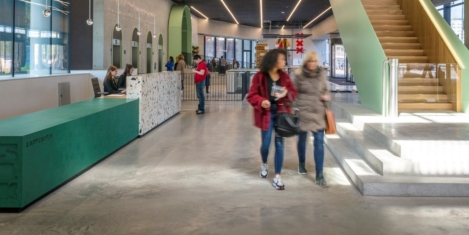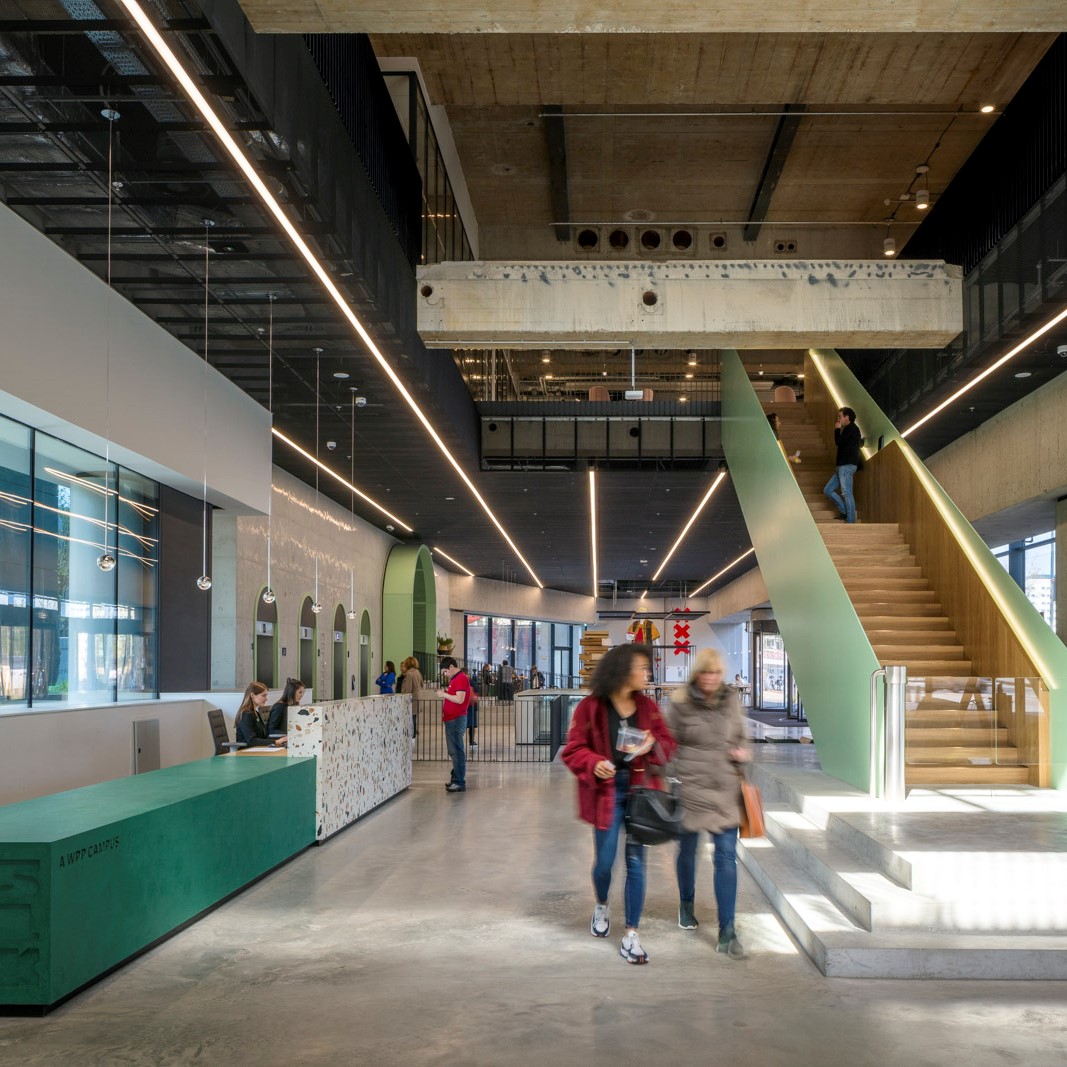To provide the best experiences, we use technologies like cookies to store and/or access device information. Consenting to these technologies will allow us to process data such as browsing behaviour or unique IDs on this site. Not consenting or withdrawing consent, may adversely affect certain features and functions.
The technical storage or access is strictly necessary for the legitimate purpose of enabling the use of a specific service explicitly requested by the subscriber or user, or for the sole purpose of carrying out the transmission of a communication over an electronic communications network.
The technical storage or access is necessary for the legitimate purpose of storing preferences that are not requested by the subscriber or user.
The technical storage or access that is used exclusively for statistical purposes.
The technical storage or access that is used exclusively for anonymous statistical purposes. Without a subpoena, voluntary compliance on the part of your Internet Service Provider, or additional records from a third party, information stored or retrieved for this purpose alone cannot usually be used to identify you.
The technical storage or access is required to create user profiles to send advertising, or to track the user on a website or across several websites for similar marketing purposes.
 Although the percentage of women on boards at FTSE 100 firms is on track to reach 33 percent by 2020, a new report claims there are worrying signs that companies are appointing women for symbolic value. The Female FTSE Board Report, produced annually by Cranfield University’s School of Management, claims that women serve shorter tenures than men (on average, female non-executive directors serve 3.8 years – with men serving 5 years) and are less likely to get promoted into senior roles. More →
Although the percentage of women on boards at FTSE 100 firms is on track to reach 33 percent by 2020, a new report claims there are worrying signs that companies are appointing women for symbolic value. The Female FTSE Board Report, produced annually by Cranfield University’s School of Management, claims that women serve shorter tenures than men (on average, female non-executive directors serve 3.8 years – with men serving 5 years) and are less likely to get promoted into senior roles. More →







 New data from
New data from 








 Firms in the FTSE 100 are on track to reach the target of 33 percent of women on boards by 2020 that was set by the
Firms in the FTSE 100 are on track to reach the target of 33 percent of women on boards by 2020 that was set by the 
 A significant proportion of the global population is concerned about the use of artificial intelligence (AI), with scepticism about its use by business greater than its use by government, a poll published by the
A significant proportion of the global population is concerned about the use of artificial intelligence (AI), with scepticism about its use by business greater than its use by government, a poll published by the


 For decades the trend among workplaces has seen employees moving out of individual offices and into open plan spaces. This has not always been successful, with the open-plan approach
For decades the trend among workplaces has seen employees moving out of individual offices and into open plan spaces. This has not always been successful, with the open-plan approach 
 The use of technology to support communication and collaborative working in an increasingly digital and flexible world is something many of us recognise. However, a global study released today by
The use of technology to support communication and collaborative working in an increasingly digital and flexible world is something many of us recognise. However, a global study released today by 








